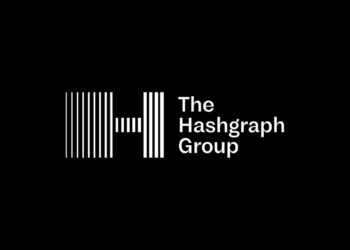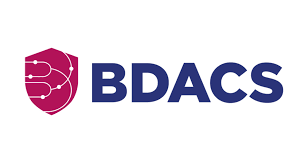Last updated on May 3rd, 2024 at 08:17 pm
Validators on the Ethereum network have seen a substantial increase in their earnings; they accrued a total revenue of $46 million in the first week of May 2023. Data from beaconcha.in reveals that validators earned a combined total of 24,997 ETH between May 1 and May 7, compared to the previous week’s earnings of $33 million when 18,339 ETH was distributed as rewards. This surge in earnings is attributed to an uptick in the staking rewards rate.
The rise in popularity of a new memecoin called Pepe trading played a significant role in driving up revenue for validators. Additionally, the average costs on the Ethereum network exceeded 100 gwei during the previous week, marking the highest level since May 2022. As a result, users are now paying over $30 per swap due to increased gas prices. This increase in gas fees has translated into higher earnings for validators as they process transactions in addition to their regular validator incentives.
Validators on the Ethereum network are required to stake a minimum of 32 ETH, equivalent to approximately $58,000, to participate in the network’s consensus process. According to beaconcha.in, the staking rewards rate reflects the expected yearly return for validators.
ETH Store, the firm responsible for measuring reward rates, has identified two primary types of incentives: transaction fees for processing transactions on the Ethereum network and consensus rewards for proposing and attesting blocks. These incentives have gained significance for institutions following The Merge, which transitioned Ethereum’s network to a proof-of-stake (PoS) consensus mechanism, and the subsequent Shapella upgrade, which introduced validator withdrawals for the first time.
Since the successful implementation of the Shapella update on April 12, 2023, validators have withdrawn a total of 126,955.07 ETH from the Beacon chain. Out of the 559,549 active validators, approximately 44% (248,043 validators) are currently eligible to request partial or full withdrawals.
As the Ethereum network continues to evolve, staking on the network is likely to become even more critical for institutional players. Staking rewards may provide significant revenue streams for validators and attract more institutional investors to the network as interest in cryptocurrencies and the potential for decentralized finance (DeFi) applications to disrupt traditional financial systems continues to grow.
If you want to read more news articles like this, visit DeFi Planet and follow us on Twitter, LinkedIn, Facebook, Instagram, and CoinMarketCap Community.
“Take control of your crypto portfolio with MARKETS PRO, DeFi Planet’s suite of analytics tools.”





















